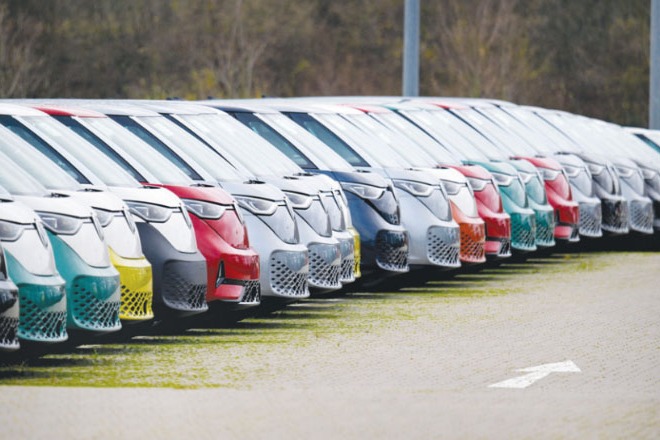Taking a South-South route


Time to step up global solidarity and development cooperation in order to realize the SDGs
As the world recovers from the COVID-19 pandemic, multiple crises demand our attention. Worsening inequality has added 198 million extreme poor people during 2022, reversing two decades of progress. Meanwhile, conflicts and wars have led to a worldwide energy shortage, pushing up the prices of energy and essential goods, consequently squeezing both individuals and governments, and triggering severe debt distress.
Globally, carbon dioxide levels are also at their highest levels in history, with the world on course to exceed the 1.5 C warming target set by the Paris Agreement by more than double. With 3.5 billion people living in countries highly vulnerable to climate change, the consequences of exceeding this target would be catastrophic.
When the 2030 Agenda for Sustainable Development was adopted in 2015, it was envisaged as a collective road map to secure the future of both people and the planet. However, with only seven years left, we are far off track.
If we are to have any hope of putting the Sustainable Development Goals back on track, we need all countries to step up and help strengthen both global solidarity and international development cooperation — now more than ever.
One example of how shared solidarity can help to address global challenges and advance the 2030 Agenda is through South-South cooperation, where developing countries mutually share knowledge, skills, expertise and resources to meet their sustainable development needs. Indeed, United Nations Secretary-General Antonio Guterres recently stated that South-South cooperation is "critical for developing countries to mitigate and adapt to climate disruption, address the global health crisis, including COVID-19 recovery, and achieve all 17 Sustainable Development Goals", and that it "must play an ever-increasing role in resolving our common challenges".
China has long been a partner to developing countries, providing assistance and supporting South-South cooperation. Between 2013 and 2018, China's foreign assistance totaled around $40 billion. In recent years, its role in this arena has continued to evolve, as it focuses on transitioning from development aid to development cooperation with its partners, something that is guided by the 2030 Agenda and increasingly linked to the multilateral system.
This opens up an important opportunity to draw on best practices, international experience, and standards in the design, implementation, monitoring and measuring of development cooperation outcomes. Through demand-based cooperation and two-way knowledge exchanges, China can work with partner countries to collectively drive forward global progress on the SDGs and leverage its innovations in areas such as the low carbon transition and green and sustainable finance for development results at scale.
Recognizing that all countries have unique contexts and development experiences, the United Nations Development Programme works with China to help inform its development cooperation engagements and guide them to be green, inclusive, and of benefit to the most vulnerable.
As part of these efforts, the UNDP provides technical advice to help shape relevant policies, strategies and programs so that they build on international norms and standards. It also provides platforms for Chinese development actors to engage with partners globally, generating a pool of best practices to enhance development effectiveness for the 2030 Agenda.
For example, the UNDP has shared disaster risk management and agricultural knowledge between China and countries in the Asia-Pacific region, as well as facilitated renewable energy technology transfers between China and countries such as Ethiopia and Ghana. Together, we also established the International Poverty Reduction Centre in China, a knowledge hub that offers training to developing countries on poverty reduction and sustainable development.
The UNDP believes strongly in the importance of convening all stakeholders for impactful development cooperation that supports the SDGs. Together, we can apply our collective decades of development experience to guide effective development cooperation initiatives that adhere to the spirit and principles of the SDGs.
To advance sustainable development globally, international cooperation must be strengthened. In 2015, this fact was underscored by the Addis Ababa Action Agenda where the international community committed to enhancing the quality, impact, and effectiveness of development cooperation under an agreed set of principles.
Eight years later, we must live up to this vision to accelerate SDG progress around the world. The UNDP remains committed to supporting governments and institutions to achieve this goal.
Together, we can still alter the course we are currently on and shape a greener and more inclusive future for all.
The author is the United Nations Development Programme Resident Representative in China. The author contributed this article to China Watch, a think tank powered by China Daily. The views do not necessarily reflect those of China Daily.
































